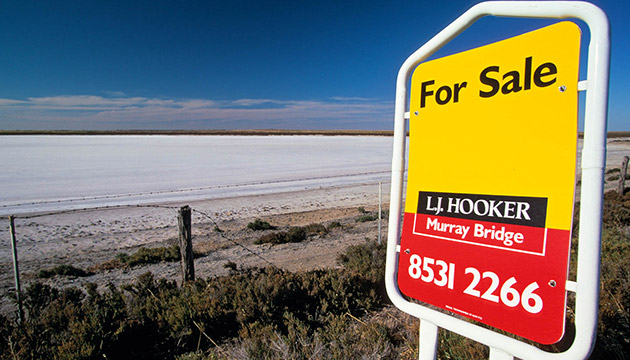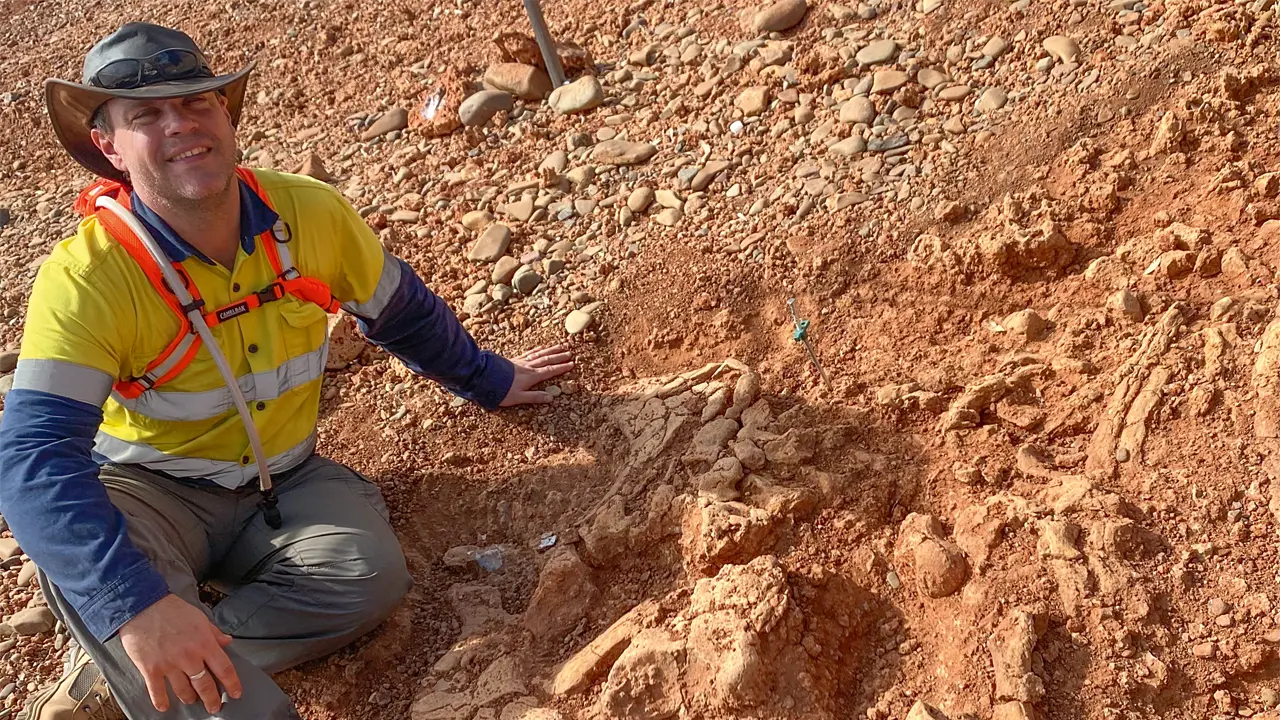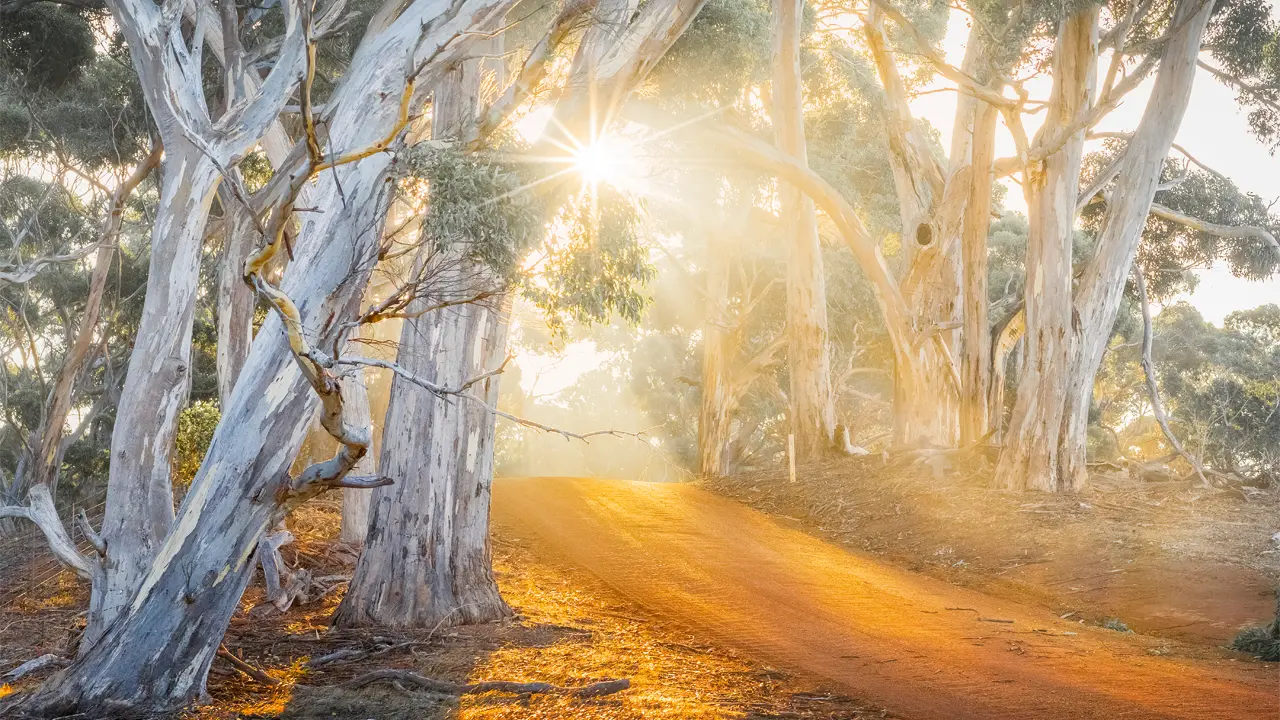Australia’s agricultural assets are hot global property.
Story By Amanda Burdon
Western Australian yabby and broadacre farmer Mary Nenke has raised six children on “Parkeston”, the property her husband Michael’s ancestors took up in the Wheatbelt 101 years ago. Three sons and two daughters-in-law now work permanently in the family business near Kukerin that in good years produces some 75 tonnes of yabbies and 4000t of grain and lupins, and hosts functions and markets gourmet products. They’ve endured droughts and flooding rains, crop-destroying frosts and pioneered a flourishing yabby-export and tourism business in a bid to keep their heads above water. “Through it all, I’ve come to understand a little of how Indigenous Australians feel about their land,” says the Cambinata Yabbies business dynamo. “The farm is my country, a part of who I am; I know every bit of it. When you inherit land, you hold it dear for future generations.”
Which is why the sale of farmland nationwide to overseas buyers so vexes her. “We can’t just go to another country and buy their farming land, so why should we allow a foreign entity to buy ours?” Mary says. “We have no records of how many properties are being sold; the farms are just being quietly bought up. The problem is that many Australian farmers can’t oppose foreign ownership. Those that are selling have run out of money and simply have no choice.”
But the campaign Mary launched last August aims to help change that. By calling on all Australians to champion farming, to recognise the essential services that farmers provide and reward them accordingly, Mary is hoping to highlight what she describes as a crisis in Australian farming.
“The question is not whether farmers should be selling to overseas buyers – it’s why they are forced to sell in the first place,” she says. “We’re producing food at below cost, we’re paying interest rates as high as 20 percent and carrying debts across Australia of about $66 billion. In Western Australia alone we’ve lost 60% of the wheat farmers who were supplying to our bulk handling cooperative in the past decade and crisis meetings are being held all over the Wheatbelt to discuss how we are going to finance next year’s crop. Capital injection is needed to reduce debt, however it should not be in buying the land. To have a permanent effect we need a fair trade system that allows us to compete with producers who are subject to the same legislation, taxes and export conditions. Greater foreign ownership only makes us more vulnerable and will lead to the further demise of rural communities. Australia also has to start looking strategically at its food supply. If our very best land is being picked off and the food it produces exported, how will we continue to feed ourselves?”
This Story is from Issue #88
Outback Magazine: Apr/May 2013









